The Impacts of Racism on Aboriginal and Torres Strait Islander Health
VerifiedAdded on 2023/06/05
|6
|549
|376
Essay
AI Summary
This essay examines the pervasive issue of racism and its detrimental effects on the health and wellbeing of Aboriginal and Torres Strait Islander people. It highlights how racism manifests in reduced access to essential resources like healthcare, housing, and employment, leading to physical injuries, unhealthy behaviors, and disengagement from healthy activities. The essay further explores the impacts of racism on individuals, including depression, psychological distress, substance abuse, and physical health problems. It also addresses the reluctance of Aboriginal people to seek medical care due to negative stereotypes. The essay concludes by suggesting potential solutions, such as culturally safe healthcare, cultural awareness training for health professionals, government intervention, national debates on racism, and comprehensive education for all Australians. Desklib offers a variety of similar resources for students.
1 out of 6
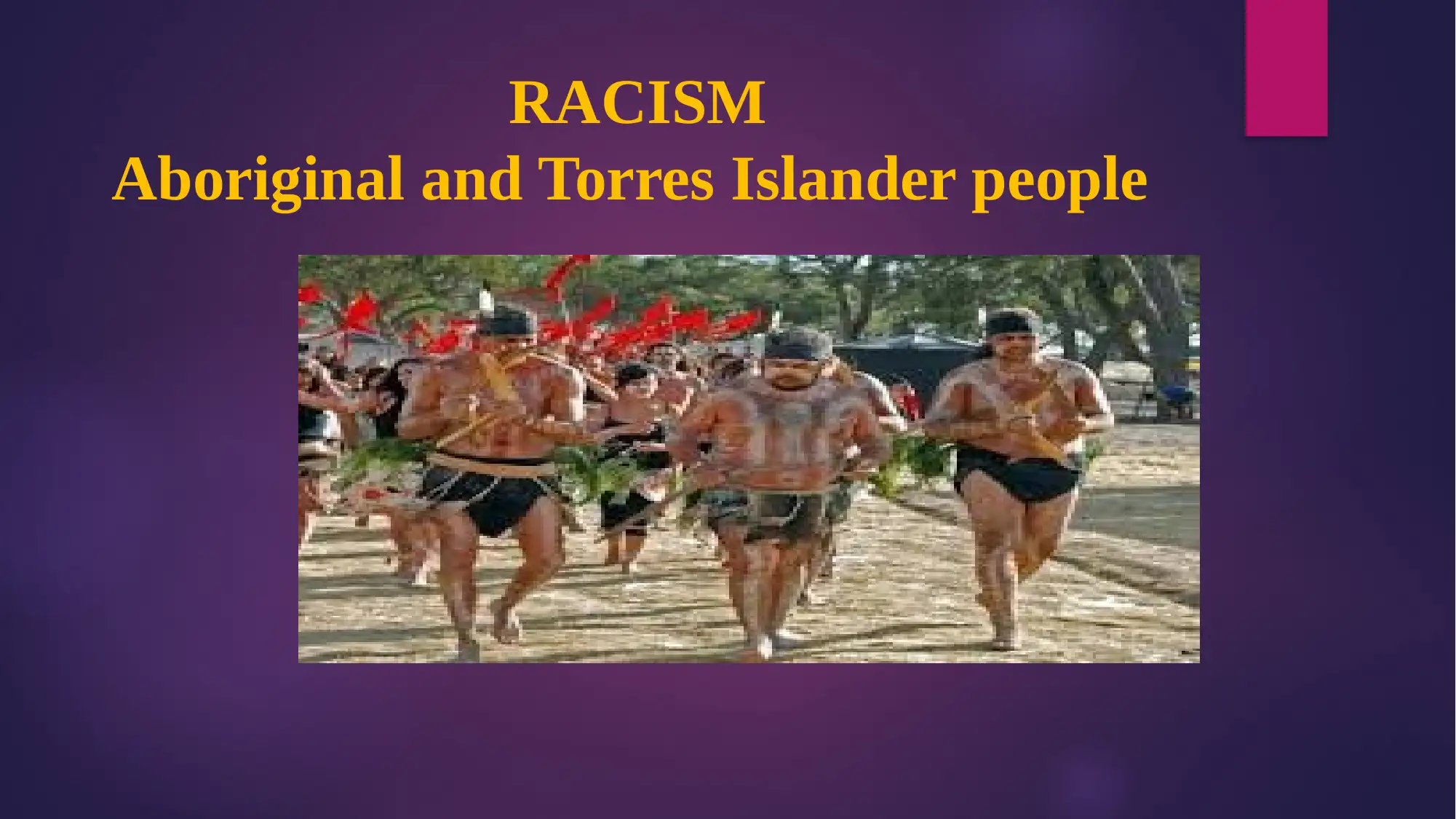
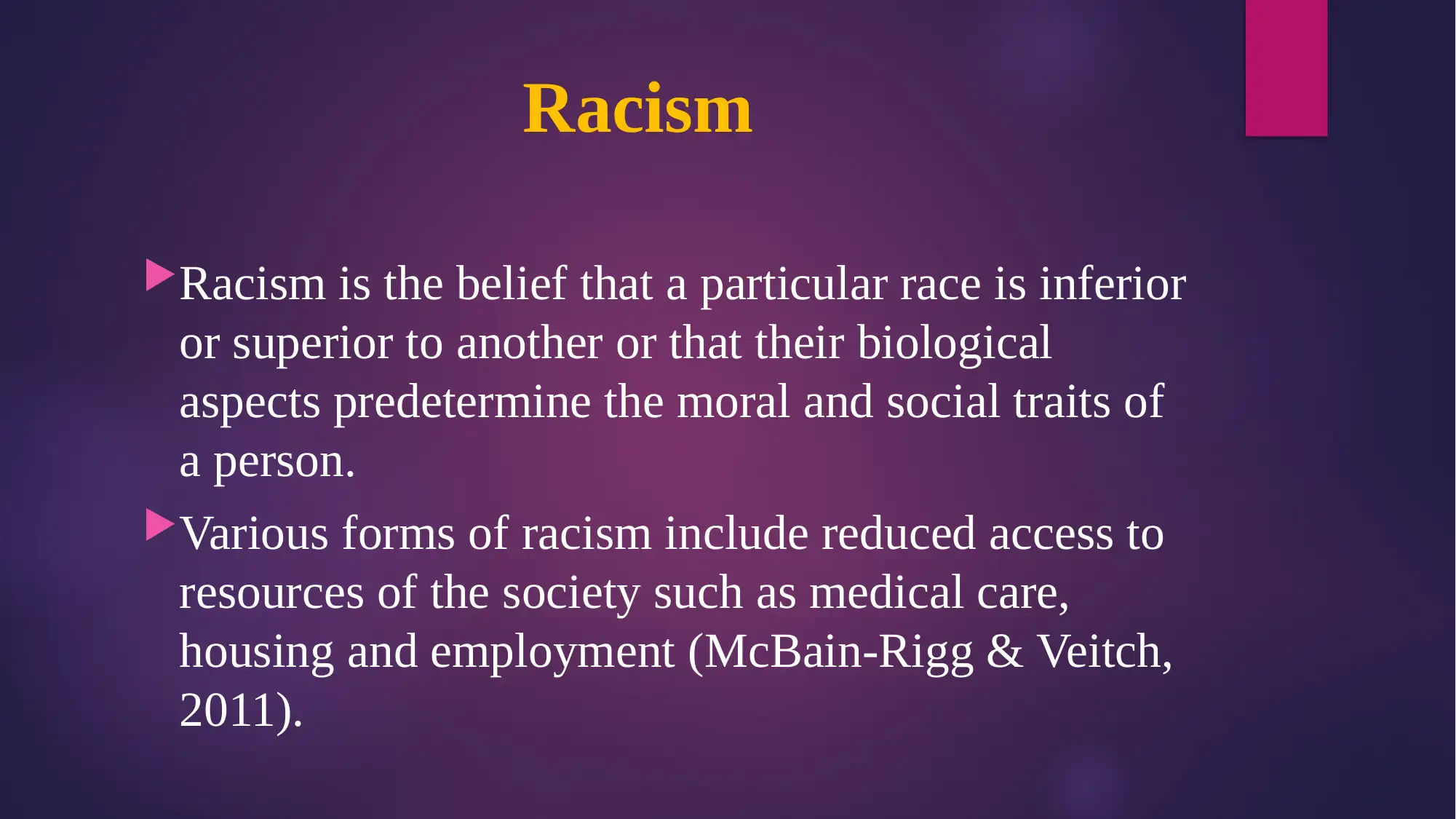
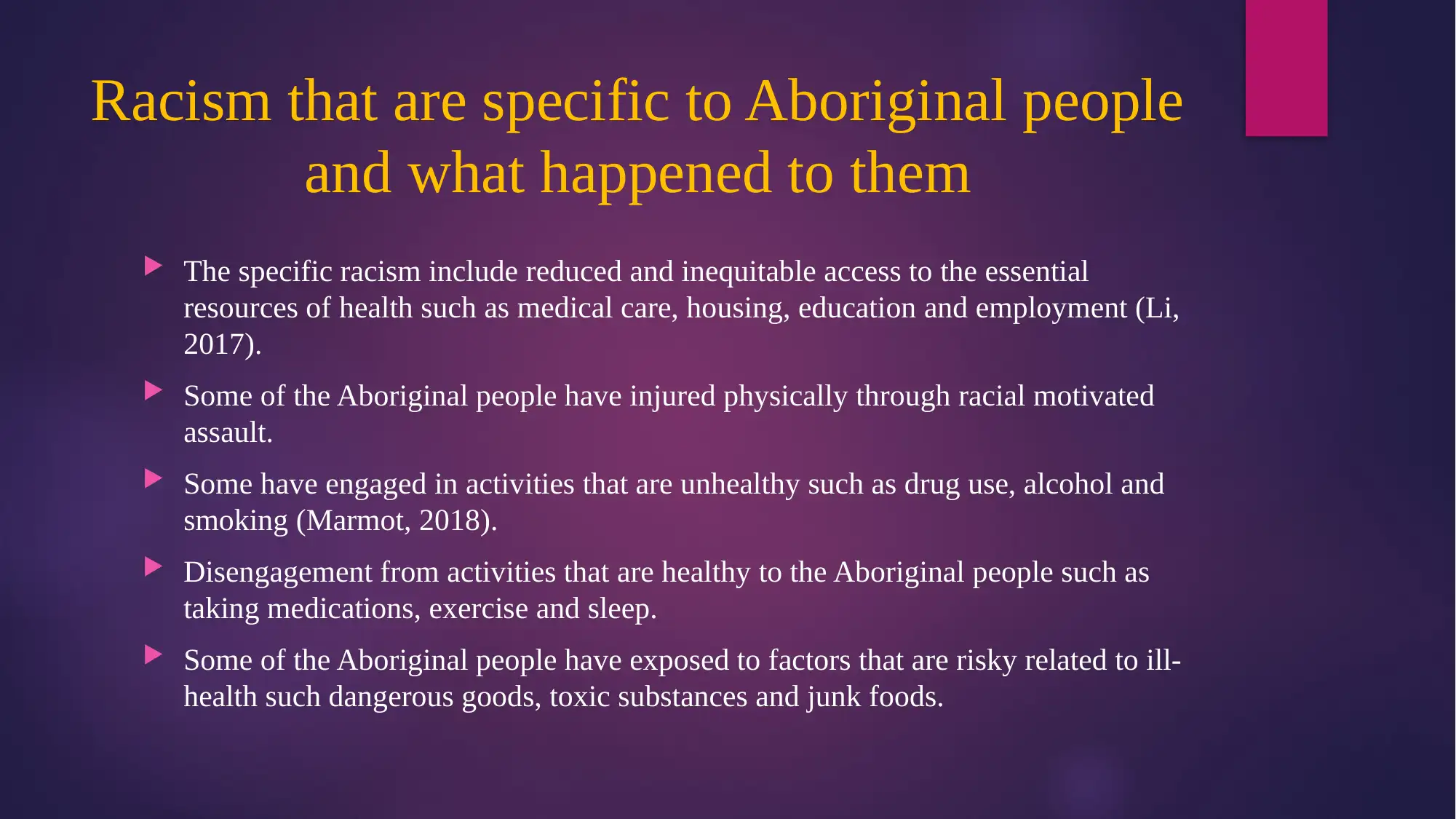

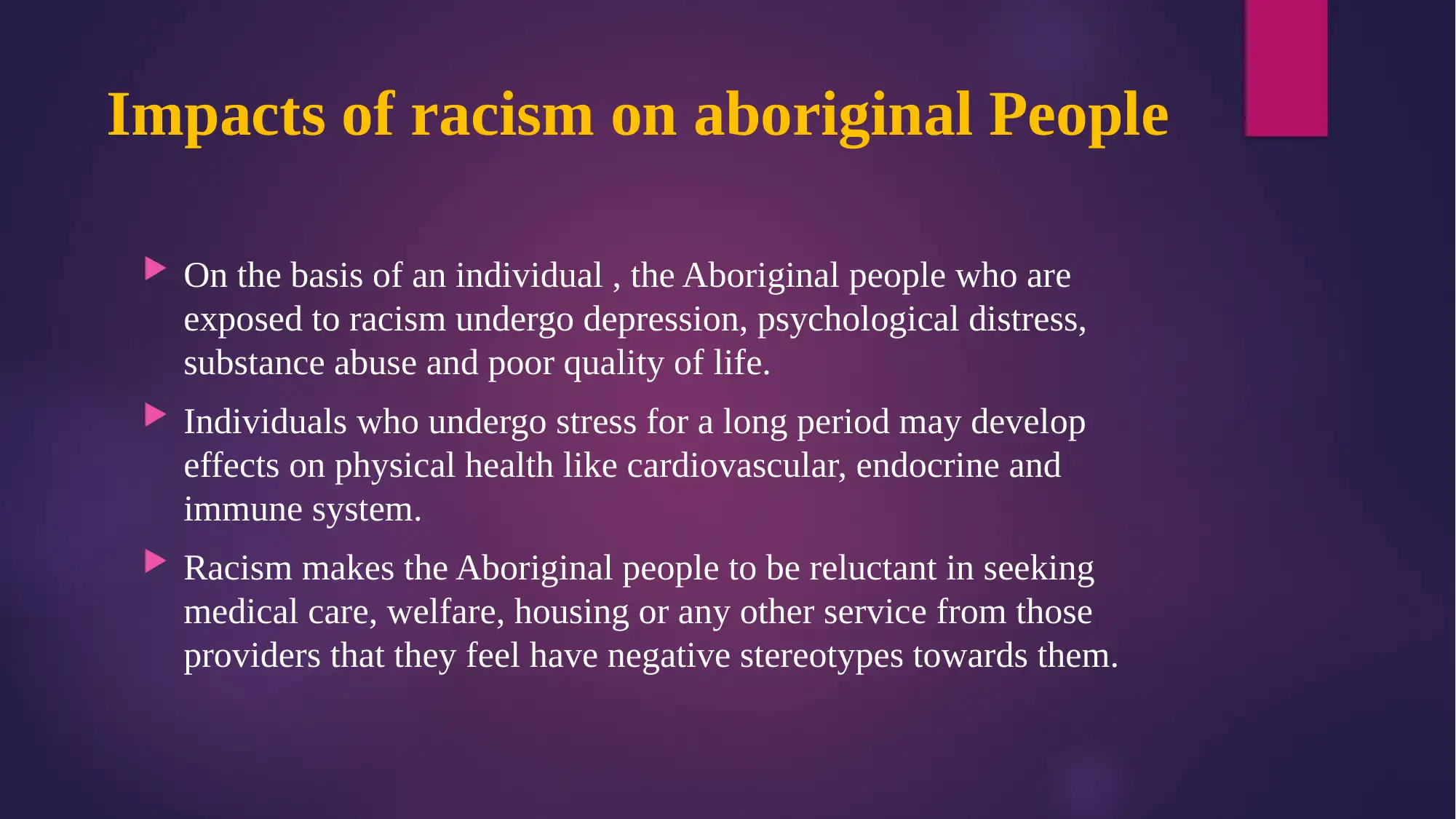
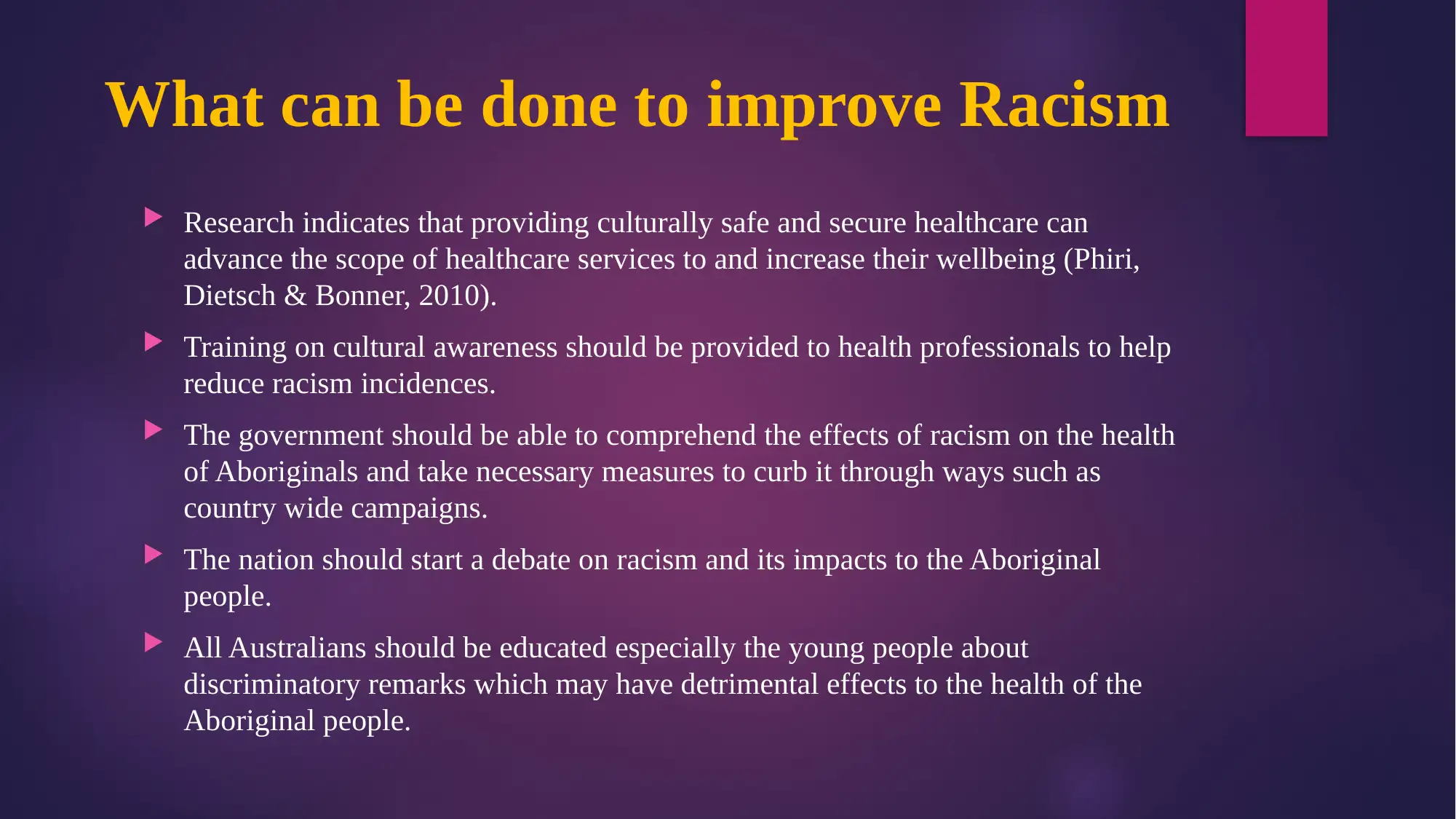
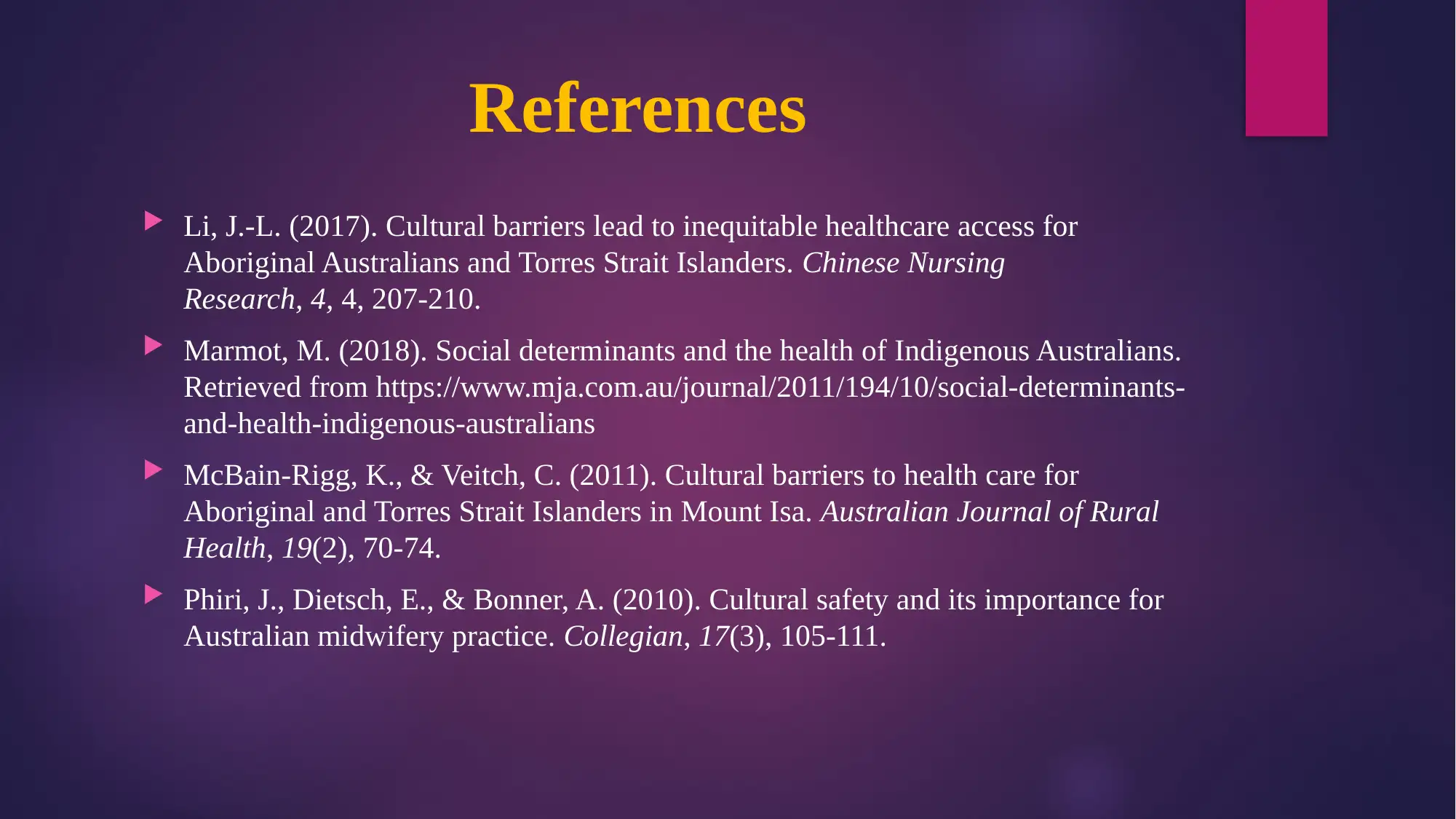





![[object Object]](/_next/static/media/star-bottom.7253800d.svg)